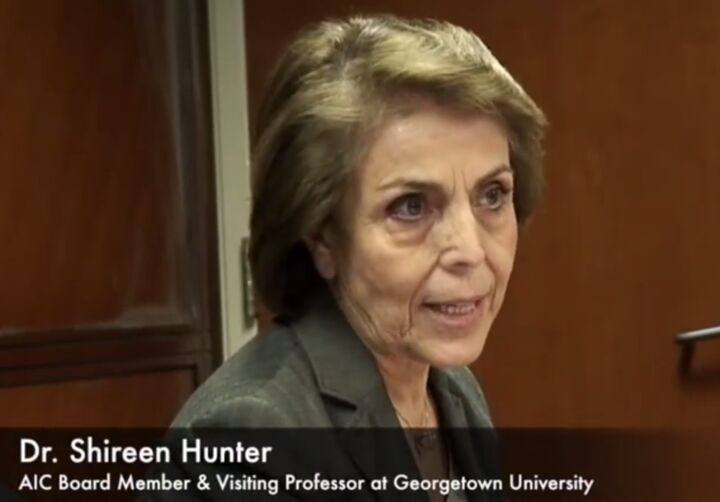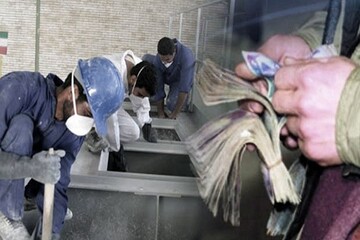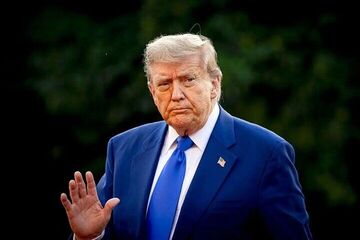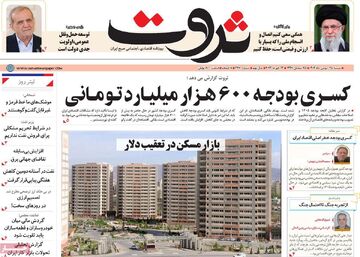TEHRAN(Bazaar) –Shireen Tahmaasb Hunter, a professor of political science at Georgetown University, tells the US does not agree with Mr. Amir Abdollahian's assessment of Iran's latest nuclear proposals.
She says: “Otherwise, it would have reached an agreement on the JCPOA. with Tehran.”
Following is the text of the interview:
Q: Iran has announced that talks with IAEA will soon resume regarding the disputed issues, and following the agreement, the Iranian technical delegation will be sent to Vienna in the coming days to discuss this matter with agency officials. Can the resolution of these issues lead to the rapid revival of the JCPOA?
A: Since Iran has made the closing of the issues related to alleged undisclosed locales where residue of uranium was found a pre-condition for the revival of the JCPOA, an agreement with the IAEA on this issue could help in the revival of the JCPOA. However, such an agreement would not be enough and other issues also need to be resolved before the nuclear agreement could be revived.
Q: Mikhail Ulyanov, Russia's representative in international organizations in Vienna and the country's representative in JCPOA negotiations said. I am confident that the remaining issues related to Iran's past nuclear program can be quickly resolved through dialogue with IAEA. What is your assessment of his words?
A: Russia does not want the revival of the JCPOA since sanctions on Iran are helping it to sell its oil and capture markets for Iran's oil. It also does not want Iran to have better relations with the West, which would erode Tehran's reliance on Moscow. What Ulyanov says does not matter, because the real problem is between Iran and the US.
Q: The United States has announced that the revival of the JCPOA is not currently on the agenda of this country. Can these statements be considered to persuade public opinion? Because the US has been negotiating with Iran for a prisoner exchange in the midst of Iran's protests.
A: Iran's recent disturbances have emboldened the West to increase pressures on Iran in the hope of either getting more concessions or even bringing about a regime change. Malley's recent statement about the use of force as a last resort should be seen in this light. There is no direct link between exchange of prisoners and the revival of the JCPOA. The US can talk about prisoner exchange without wanting to revive the nuclear accord.
Q: Robert Malley has recently announced that a military attack on Iran’s nuclear facilities is considered the last option. Don't you think that such threats, which were raised more strongly during Trump's era, did not help to solve the problems?
A: Today Iran is in a weaker position than four years ago and therefore, might view threats of military operations more seriously. Also, such statements are to placate some Iran hawks in the US and some regional states such as Israel.
Q: In a conversation with Josep Borrell, Hossein Amir Abdollahian spoke about Iran's message to America through the European Union and declared: “Iran is ready to reach a good, strong, and stable agreement. We presented our opinions in a constructive and forward-looking manner to the American side.” What is your assessment and can the parties start and conclude the talks at this time?
A: Obviously the US does not agree with Mr. Amir Abdollahian's assessment of Iran's latest proposals. Otherwise, it would have reached an agreement on the JCPOA. with Tehran. The JCPOA, even if revived, is no longer sufficient for an improvement in Iran's international position. Iran needs to reconsider many of its domestic and international policies to cope with the mounting crisis.















نظر شما